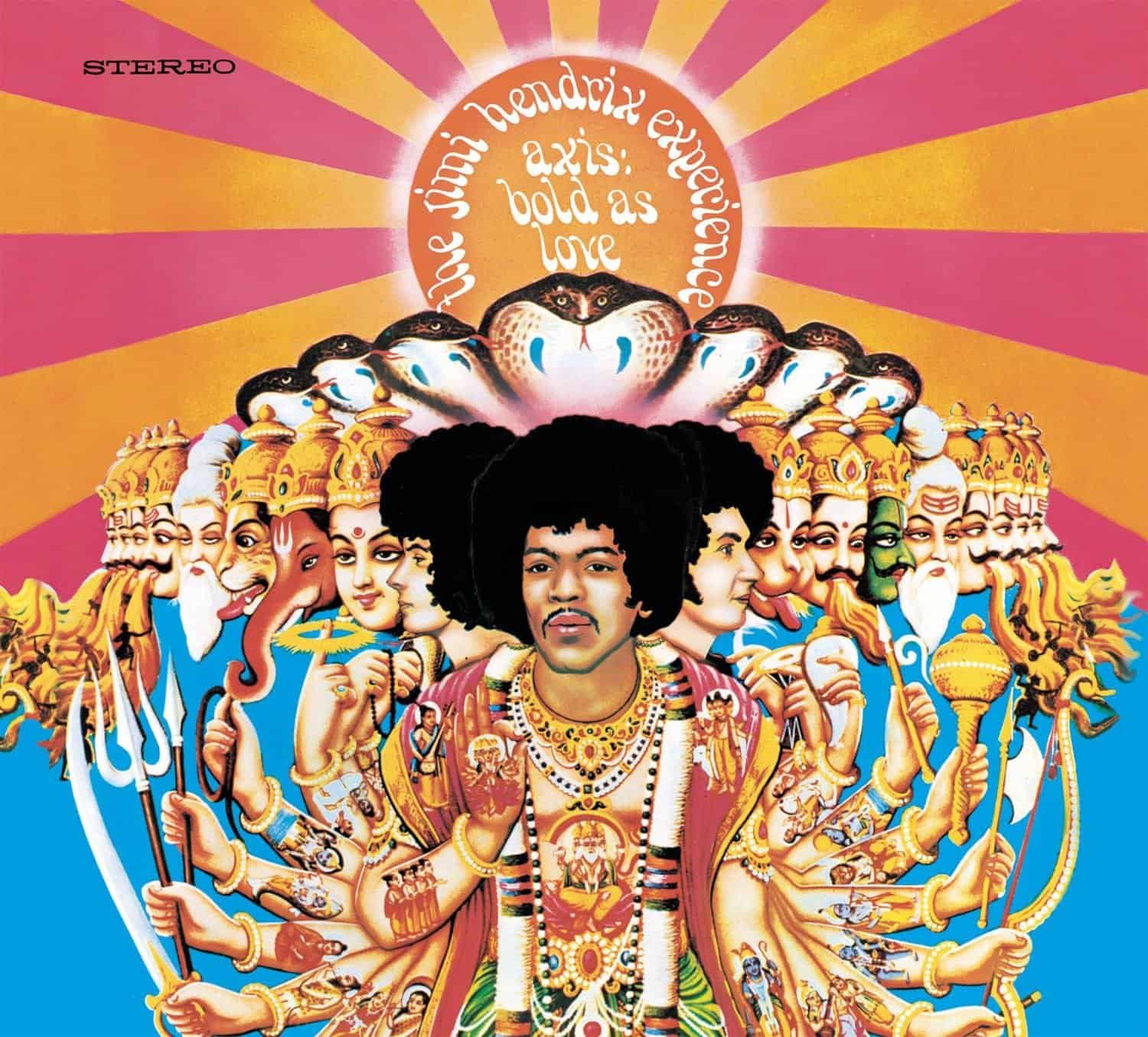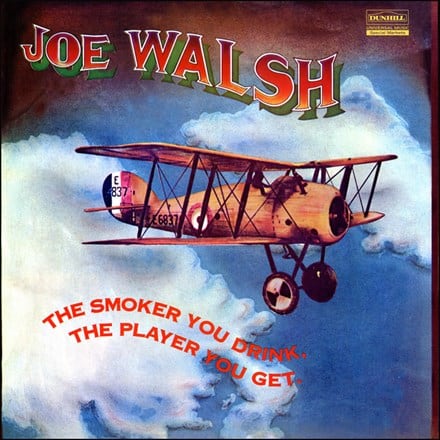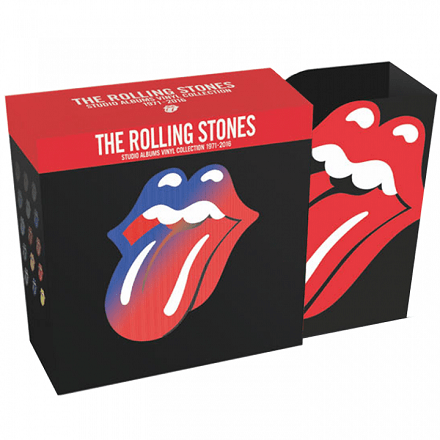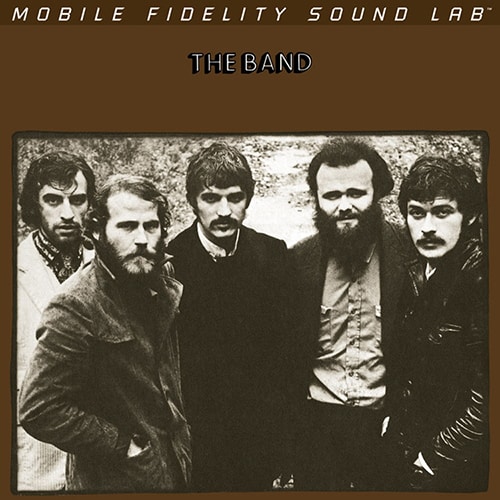Marketplace
2017 Mobile-Fidelity Sound Lab PRESSING
- Catalog Number MFSL 1-465
- Release Year 2017
- Vinyl Mastering Engineer Krieg Wunderlich
- Pressing Weight 180g
- Jacket Style Single
- 100% Analog Mastering Yes
- Pressing Plant RTI
- Original Release Year 1976
- Original Label Reprise
- Original Catalog Number MS 2254
When listening to this album I think of this band or music:
Chicken Skin Music always reminds me of my discovery of traditional Hawaiian music. In 1976, after reading the liner notes on the inner-sleeve back, where Cooder writes he recorded two numbers with Gabby Pahinui and Leland Atta Isaacs in Hawaii, I searched out and found copies of Gabby on Panini PS 1002 and later, Gabby Band on Panini PS 1008 and The Gabby Pahinui Hawaiian Band on Panini 1007. Cooder plays on the latter albums, both recorded not long after this LP.
Music from this album would be a great soundtrack to this movie:
One of Robert Altman’s masterpieces, Short Cuts is based on a series of nine short stories and a poem by Raymond Carver. The nine songs on this album fit the humorous but compassionate tone of the movie. Musicians Lyle Lovett, Tom Waits, Annie Ross, and Huey Lewis help fill out the star-studded cast. With apologies to Mark Isham’s fine soundtrack, the mix of cultures and styles of Cooder’s music mimic the rich polyglot culture of Altman’s vision of Los Angeles.
Nobody does eclectic like Ry Cooder—be it the blues, jazz, Tex-Mex, Indian, Hawaii, Cuban, African. You name the style and it seems like Cooder has done it. At the time of this writing, Cooder is reprising his 2017 tour with Rosanne Cash, playing all Johnny Cash material. He knocked it out of the park during the first go around.
Such full-on eclecticism sounds akin to a recipe for disaster, like a little too much “world” in your music, but it works for him and works on a level of consistency few artists achieve. Sometimes he bites off a manageable helping of influences, as with A Meeting by the River or Buena Vista Social Club. In those situations, he spotlights a specific artist or group of artists. Generally, however, when he’s the lead, anything goes.
Take the cover art and album title of Chicken Skin Music for example. The former, by Kenny Price, suggests the fare will adhere to Mexican folk-art style and the title suggests fried chicken is involved. The title, however, serves as a Hawaiian expression for music that gives you goosebumps. The Mexican influence remains mostly confined to the cover. The gospel song “Stand By Me” gets infused with a nortēno arrangement, sure, but that’s about it. (The cover art also has what looks like a bar graph in the background—or perhaps an abstract vision of a wall. Did the artist predict Trump’s wall more than 35 years in advance?)
Once the wrapping is dispensed with, the LP itself contains some of Cooder’s most inclusive music-style collections. His partnerships with steel-guitar player Gabby Pahinui and slack-key guitar player Atta Isaacs feature in two songs. Flaco Jiménez brings his Tex-Mex accordion on board for a few tunes. Bobby King and Terry Adams, regulars on Cooder records, practice gospel-laden R & B and blues on four songs. A first-class jazz band and brass section join in on most selections and the most-recorded session drummer around, Jim Keltner, keeps the beat. It may sound like everything gets thrown against the wall, but fear not: It coalesces into one of the most fun albums you are likely to hear—and one of Cooder’s best recordings. And that’s saying a lot
Throughout his career, Cooder has managed to maintain a track record of producing consistently great-sounding LPs. One day, about a dozen years ago, I was doing my weekly search through the bins at my local record store and noticed another collector doing the same along the same row in the jazz section, heading towards me from the other direction. I looked over and recognized it was Cooder. That day, I confirmed he knew his stuff about collecting just as well as he does about recording.
All of Cooder’s Warner Bros. releases feature stellar sonics, while his A Meeting by the River on Water Lily Acoustics and Buena Vista Social Club on Nonesuch double as reference discs. Mobile Fidelity’s reissues of several Warner Bros. titles have bumped the likes of Paradise and Lunch up from great-sounding to demonstration quality. While the original pressing of Chicken Skin Music always appeared to sound very good, in comparison to the new pressing, it now seems a bit thin in color and texture. On the Mobile Fidelity LP, the soundstage is wider and the space in between and around the instruments more convincingly filled. String and horn sound, in particular, offers more stability and blooms with a fuller color palette.
Many years ago, Mobile Fidelity reissued Cooder’s Jazz and, after it sold out, prices on the used market skyrocketed. Chicken Skin Music remains a superior album with equally superb sound. The current reissue is limited to 3,000 copies. Wait at your own risk.
Chicken Skin Music

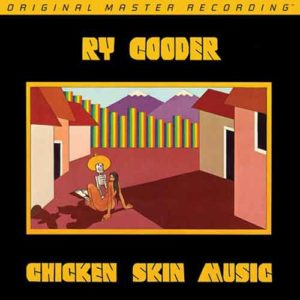
 4.5
4.5
